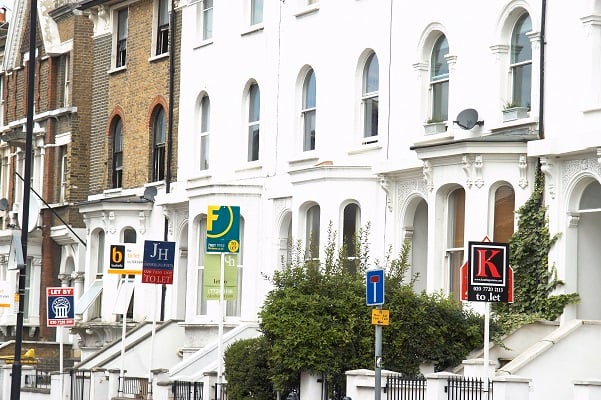Ministers should give Britain’s private renters a chance to buy their rented home by rewarding landlords who sell to long-term tenants, the campaigning thinktank Onward says today.
Under the proposals, existing buy-to-let properties would be eligible for 100% capital gains tax relief if the property is sold to a sitting tenant who has lived there for 3 years or more. The gain from would be split evenly between the landlord and the tenant, giving the landlord a windfall when they sell and the tenant thousands of pounds towards their mortgage deposit.
Onward estimates that the average gain per property would be £15,000, meaning the average first time buyer could expect to benefit by £7,500. Because the gain is affected by property prices and their historical growth, this rises substantially in some parts of the country, with the average buying tenant in London receiving £19,500 under the scheme.
An estimated 88,000 households would be estimated to take up the relief each year, meaning nearly half a million households could benefit over 5 years. Accounting for multiple-person households, this would support the transition of a million people from the private rented sector into home ownership by 2023.
The estimated cost to the Treasury of this change would be £1.32 billion a year. Onward proposes that the Treasury should pay for this policy by tightening other tax reliefs for buy-to-let investors. In particular, the thinktank suggests reducing the Private Residence Relief period from 18 months to 6 months, saving the taxpayer £550 million each year, and abolishing Lettings Relief, saving a further £740 million each year.
If the Government wanted to go further to incentivise longer-term tenancies, Onward argues that the “carrot” of tax reliefs could be complemented with the “stick” of conditions on other allowances, including Wear and Tear Allowance, to mean that new landlords could only claim if they offer tenancy agreements of 3 years or more.
This would act as a further incentive for landlords entering the market to offer 3 year tenancies. The changes could be introduced alongside or instead of the Government’s proposed introduction of fixed 3-year tenancies for everyone.
Key statistics about the Private Rented Sector:
- The private rented sector has doubled over the past 15 years, and more than 20% of households, representing 4.7 million households, are now rented privately.
- The average length of residence in the private rented sector is 3.9 years. In 2016-17, 51% of renters had lived in private rented accommodation for more than 5 years, compared to 15% in 2008-09.
- These renting households pay a greater proportion of their living costs towards rent per month, stay in rented accommodation for longer, and do so with more children, than any generation before them. Unsurprisingly, the vast majority want to own: nine in ten people prefer home ownership over renting.
Will Tanner, Director of Onward, said:
“Rising prices and the growth of buy-to-let means that too many people, especially younger generations, are stuck on a treadmill of rising rents and insecure tenancies with no viable route to get on the housing ladder.
“Today’s renters are older, more likely to be in rented property for longer, and more likely to have children than any generation before them.
“It is time for Ministers to give private renters the chance to make their house a home, just as a Conservative Government gave a previous generation of council tenants the Right to Buy their home years ago.”






Leave a Comment